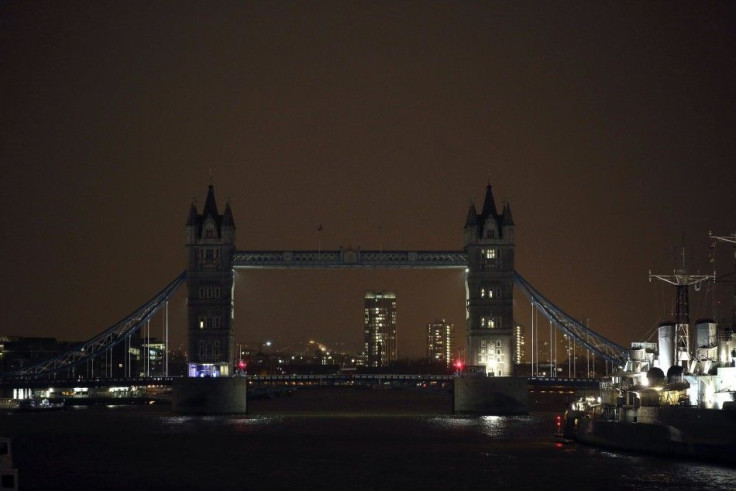Canada Facing Law Suit For Allegedly Breaching Investor Protection Provisions Under NAFTA

Canada is facing a law suit by the private owner of the Detroit-Windsor bridge for billions, under the North American Free Trade Agreement, which has provisions related to investor protection. Matty Moroun, owner of the bridge that connects Windsor to Detroit, wants damages from Ottawa in connection with Canada's plan to build a second bridge linking Ontario to Michigan at Detroit.
The claims against Ottawa for damages are made under the Chapter 11 investor-state dispute settlement mechanism in NAFTA. The damages can run into billions of dollars, according to the Canadian Centre for Policy Alternatives, an Ottawa Think tank, reported Toronto Star.
Bridge Opposed
Moroun's bridge company has been opposing the Canadian project, claiming that Canada's handling of the pre-construction phase of the proposed new bridge had violated his firm's right under NAFTA provisions to be treated at par with a Canadian company. In an initial filing, Moroun's company asked a NAFTA arbitration tribunal for $3.5 billion in damages from Ottawa. In the proceedings, Canada argued to throw out the case, because Moroun's company did not file a complaint within the time deadline, which is three years after a complainant becomes aware of an alleged rights violation. The case is now pending before the NAFTA dispute settlement tribunal.
The Globe and Mail also projected the risks of the very expensive Canadian bridge project. The new bridge linking Windsor and Detroit is one of the busiest border crossings in the world with the whole project slated to cost $3.4-billion. It said the risk is that the Canadian customs plaza and highway links on both sides of the border could become the largest white elephant in Canadian history. Without the U.S. government's presence, the entire project of an elaborate boat ramp and fishing pier on the Detroit River, would be at a dead end. In the history of the Canada-U.S. border, neither country on their own built their own border station, it noted.
Risk Of Protection
What Canada is facing with the NAFTA investor protection can repeat in its other FTAs as well, as similar mechanisms are sought to be included in the free-trade pact between Canada and the European Union also. The Canada-EU deal has sparked concerns about the ISDS measures endangering the governments' ability to regulate, on the basis of public safety, environment, health and other priorities, noted Scott Sinclair, the CCPA senior researcher, who authored the study.
Sinclair urged more attention from the Government's part to protect Canadian interests. The study "Democracy Under Challenge: Canada and Two Decades of NAFTA's Investor-State Dispute Settlement Mechanism" noted that Canada faces nine ISDS claims. The report noted that Canada has already lost or settled six claims and had to pay out damages totaling more than $170 million.
The Federal government, in a reaction, saw it as an effort at overstating problems associated with ISDS in free-trade pacts. "Investment protections will encourage job-creating investment and economic growth on both sides," a spokesperson for International Trade Minister Ed Fast said.
(The writer can be reached with feedback at kalyanaussie@gmail.com)




















